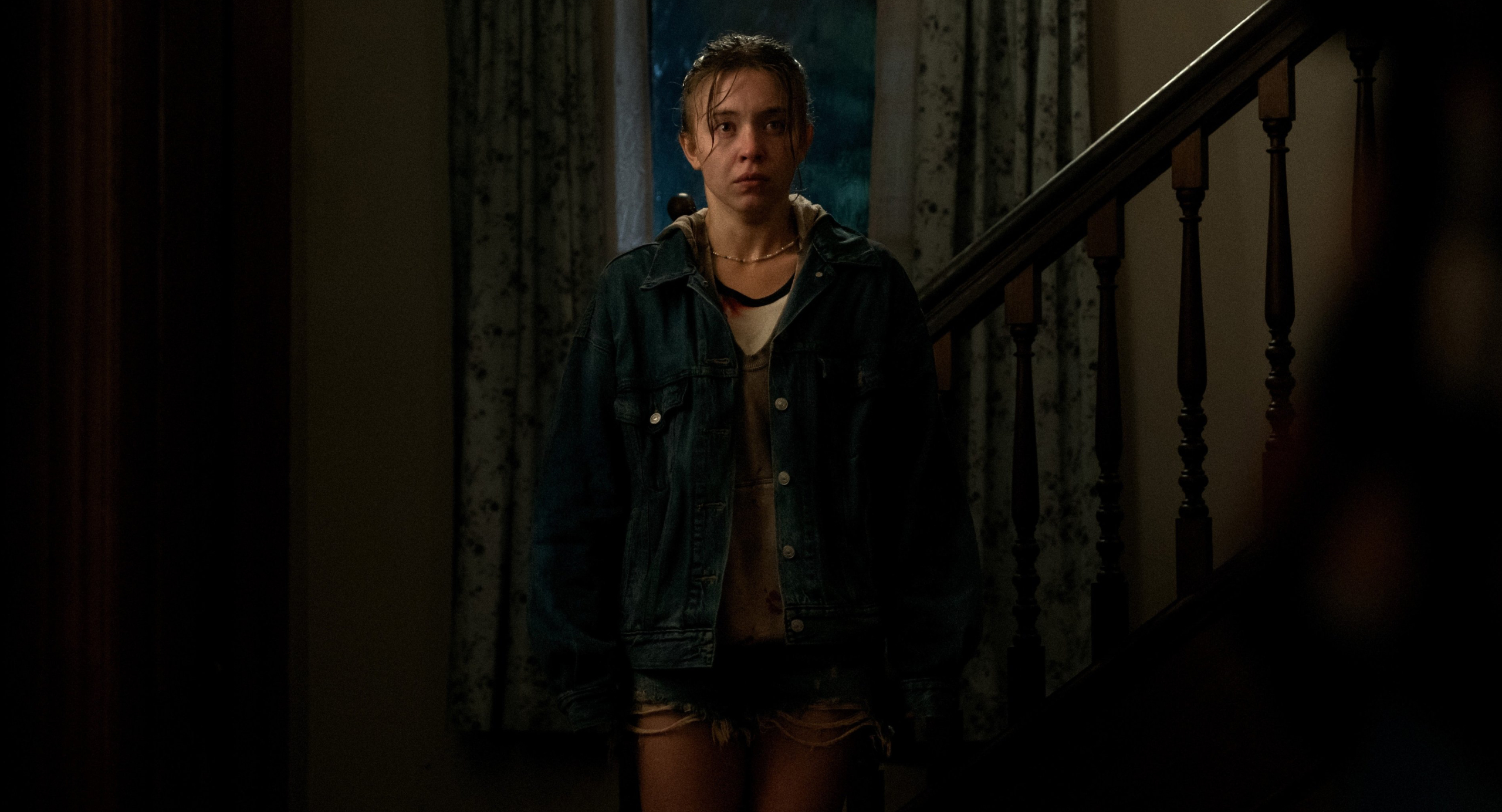Echo Valley – Film Review
Published June 13, 2025

Echo Valley, directed by Michael Pearce and written by Brad Ingelsby, arrives with a pedigree of talent that suggests far more than the film ultimately delivers. Featuring powerhouse performers Julianne Moore and Sydney Sweeney, and boasting a rural Pennsylvania setting ripe for atmospheric tension, this thriller drama has all the ingredients of a moody, emotionally potent nail-biter. Unfortunately, it ends up more muted than memorable — a slow-burning thriller that never quite catches fire.
Set almost entirely on a remote, windswept horse farm in Southern Pennsylvania, Echo Valley opens with Kate Garrett (Julianne Moore) quietly tending to horses and trying to cope with a past that clearly weighs heavy on her soul. We learn that Kate, a former Olympic-level rider, has withdrawn into a solitary life of routine and discipline after suffering an unspecified tragedy. The camera lingers often on her methodical work — feeding, training, grooming — and these sequences do achieve a certain meditative quality. But the film’s glacial pacing quickly wears thin.
The narrative kicks into gear when her estranged daughter, Claire (Sydney Sweeney), unexpectedly appears late one night, covered in blood. The blood, Claire insists, is not hers. She’s panicked, trembling, clearly in shock — but also cagey with the truth. From here, Echo Valley seems to promise a descent into moral ambiguity and psychological tension: how far will a mother go to protect her child, and at what cost?
Yet for all its potential, the film stumbles in execution. Brad Ingelsby, best known for creating Mare of Easttown, again tries to tap into working-class Pennsylvania drama and familial trauma, but Echo Valley lacks that series’ urgency or depth. The script is sparse to a fault, leaving long gaps of silence and underdeveloped character dynamics. The mother-daughter relationship, supposedly the film’s emotional core, is more alluded to than felt. We’re told that Kate and Claire have drifted apart, that trust is fractured — but beyond a few sharp exchanges, this isn’t explored with the kind of texture or vulnerability that would make their dynamic resonate.
Julianne Moore does her best to inject Kate with stoic resolve and maternal steel, but the character remains frustratingly opaque. Moore’s internalized performance may reflect Kate’s emotional repression, but it doesn’t help us connect with her. Similarly, Sydney Sweeney plays Claire with wild-eyed desperation, but the script doesn’t give her enough meat to work with. Her motivations remain vague even as the story lurches into criminal territory.
The central conceit — a mother covering up or unraveling the truth behind her daughter’s potentially violent actions — is well-worn thriller territory, and Echo Valley adds little new to the formula. There’s a mild twist involving Domhnall Gleeson’s character Jackie Lyman, a local man with ambiguous ties to Claire, but it lands without impact. Gleeson is reliably enigmatic, but like everyone else here, underutilized. Kyle MacLachlan pops in for a couple of dry, vaguely expository scenes as Claire’s father and Kate’s ex-husband, Richard Garrett, but never becomes a meaningful presence. Fiona Shaw’s role as Jessie Oliver, Kate’s confidante, is equally fleeting and frustratingly peripheral.
Michael Pearce, who previously directed the much more assured Beast (2017), opts for a subdued directorial approach here. The film is handsomely shot, capturing the pastoral desolation of the Pennsylvania countryside with a muted, chilly palette. The cinematography by Benjamin Kracun occasionally evokes a poetic loneliness that suits Kate’s emotional state, especially in the dawn-lit paddocks and shadowy stables. But that mood doesn’t translate into suspense. There’s a pervasive sense of waiting — for action, for revelation, for confrontation — that never quite materializes. When tension does bubble to the surface, it dissipates quickly and without payoff.
Where Echo Valley could have found strength is in its exploration of moral compromise and maternal instinct, but it shies away from real ethical complexity. Kate’s decisions, while clearly difficult, are often telegraphed rather than felt. Her arc, if you can call it that, ends on a note that seems to aim for haunting ambiguity but instead feels incomplete, as if the film ran out of emotional fuel before reaching its destination.
There’s a missed opportunity here to explore generational trauma or the way guilt calcifies over time. Instead, Echo Valley leans into a kind of minimalist realism that avoids melodrama but also evades engagement. It’s so focused on mood and restraint that it forgets to thrill — or even to truly move.
Ultimately, Echo Valley is a film with compelling elements but little cohesion. Its strongest asset — the pairing of Julianne Moore and Sydney Sweeney — is undercut by a script that doesn’t know what to do with them. For a thriller, it’s startlingly devoid of suspense. For a family drama, it’s curiously bloodless. What remains is a somber, visually polished, but emotionally muted film that whispers its themes rather than asserting them — a missed opportunity wrapped in a beautiful but barren package.
